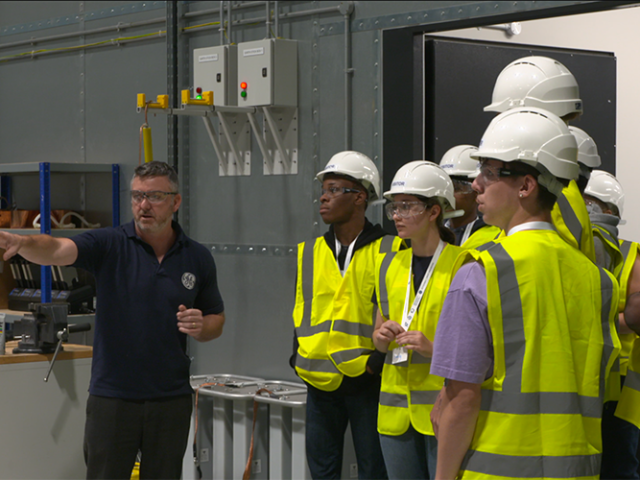Imec, a world-leading research and innovation hub in nano-electronics and digital technologies announced it has received NASA funding to test a technology for monitoring astronauts’ health status under zero gravity conditions using a first-of-its-kind disposable diagnostic device developed by imec’s spin-off, miDiagnostics. Imec will design test parameters and perform experiments in different gravity scenarios using one of miDiagnostics’ devices that is built around a silicon-based nanofluidic processor that performs a series of blood sample manipulations yielding a cell blood count with fast turnaround time.
“Human exploration into deep space requires the development of medical devices and diagnostics of small mass, volume and power requirements, designed for a more autonomous practice of medicine,” said Susana B. Zanello, Ph.D., research and development manager at imec’s design center in Kissimmee (Florida) and principal investigator on the project. Responding to the need for easily deployable medical devices with minimal instrumentation, miDiagnostics is developing a near-patient diagnostic platform, based on a nanofluidic processor embedded in a single-use, low-cost, test card.
Presently, miDiagnostics has developed a research prototype that can perform a complete cell blood count (CBC) from only drops of blood. In other configurations, the same platform will enable accurate and instantaneous point-of-need diagnostics for a suite of cellular, biochemical and molecular tests. “The device is currently in development for standard earth-based conditions, said Peter Peumans, VP life sciences technologies at imec and CTO of miDiagnostics. “But it should also function in gravity-independent environments, as it relies solely on capillary forces.”
Source: Imec awarded a grant from NASA to advance space health diagnostics”, Hanne Degans, Imec




